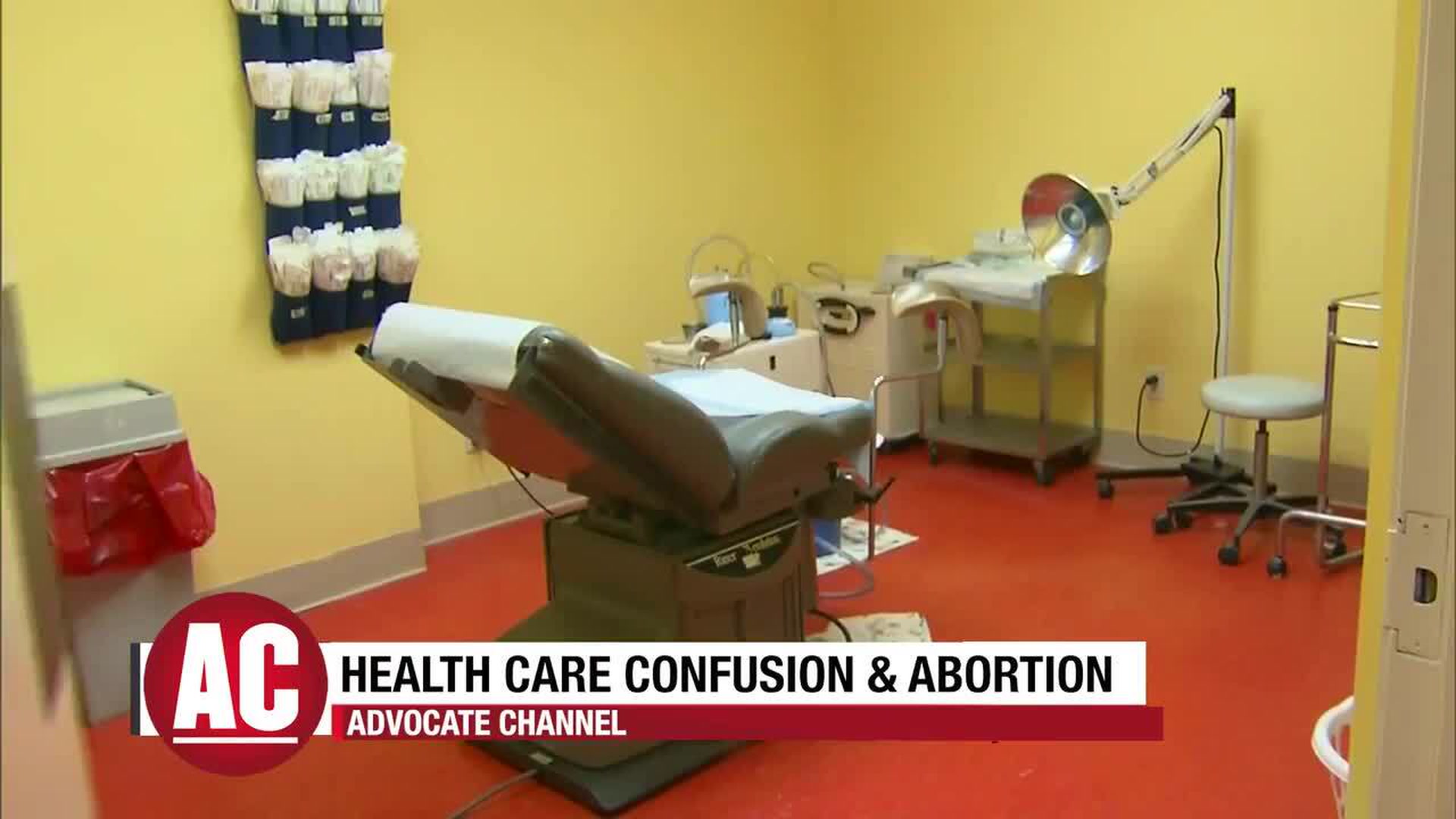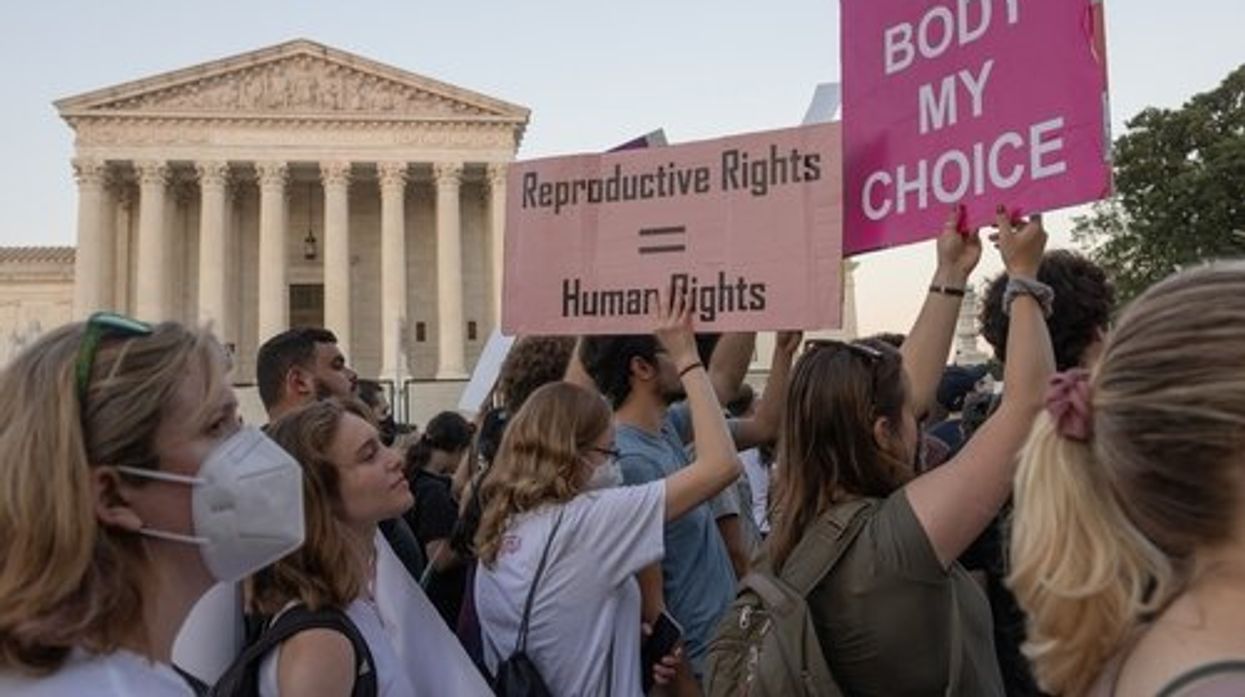Originally published by The 19th. Written by Shefali Luthra
The U.S. Supreme Court has agreed to weigh in on the future of mifepristone, a drug used in more than half of all abortions in the United States, setting up another major dispute over abortion rights less than two years after the court’s conservative majority voted to overturn Roe v. Wade.
The case, concerning the Food and Drug Administration’s approval of mifepristone, will be argued early next year. That means the court, which last year overturned Roe in a 6-3 decision, could rule on the issue sometime next year.
Mifepristone, when used in combination with a drug called misoprostol, offers a safe and effective mechanism to terminate a first-trimester pregnancy. Health care professionals can provide the drug in-person to patients or prescribe it virtually and mail the medication, according to 2021 and 2023 guidelines from the FDA. The mifepristone-misoprostol regimen is endorsed by authorities such as the World Health Organization.
The White House issued a statement backing the current policy. "This administration will continue to stand by FDA's independent approval and regulation of mifepristone as safe and effective," Press Secretary Karine Jean Pierre said. She added, "We continue to urge Congress to pass a law restoring the protections of Roe v. Wade."
Since Roe was overturned, giving states the power to ban abortion, mifepristone has taken on an even greater significance. In states where the procedure remains legal, clinics seeing an increase in out-of-state patients have relied on medication abortion — which is often quicker, easier and cheaper to provide, and which can be prescribed to patients over telemedicine in some states — as a way to quickly scale up operations.
Blocking mifepristone would make it impossible to continue providing the standard regimen of medication abortion care — meaning that the Supreme Court’s decision could dramatically reshape what abortion-related care medical providers can offer, even in states where the procedure remains legal.
This case, brought by a group of anti-abortion medical practitioners, concerns the FDA’s approval of mifepristone, which was granted more than 20 years ago. The plaintiffs have argued that the agency inappropriately rushed to bring the drug to market, and that the government should now rescind its approval and block distribution of mifepristone. In fact, the FDA took four years to approve mifepristone, and the drug was already available in Europe. Reversing approval of a drug in this manner would be unprecedented. A federal judge in Texas, where the case was originally filed, ruled that mifepristone should be taken off the market in April. So far, other legal authorities haven’t taken the same view.
In August, judges from the U.S. Court of Appeals for the 5th Circuit — considered the most conservative appeals court in the country — ruled that it was too late to rescind mifepristone’s approval, but did take other steps that would curb access to the drug. Specifically, the court ruled to block changes the FDA had made since 2016 to expand access to the drug, such as allowing health care providers who are not doctors to dispense it, approving it for use for up to 10 weeks of pregnancy instead of 7, and the more recent telemedicine authorization. (The government’s steps to expand access have all been endorsed by major health organizations.)
The decision did not take effect; earlier this year, the Supreme Court said that no federal court’s decision could change access to mifepristone while this case proceeds.
The Supreme Court could endorse the Fifth Circuit’s decision, which would significantly reduce access to the two-drug regimen for medication abortion. It could also vote to undo mifepristone’s approval, which would have even further-reaching effects. It could also rule to leave the drug’s approval unchanged.
A reversal wouldn’t directly affect access to surgical abortions. And even with mifepristone blocked, medication abortions would still be possible. Without that drug, patients could attempt to end their pregnancies simply by taking larger doses of the second medication used in abortions, misoprostol. That regimen, while very effective, has a somewhat higher failure rate than taking the combination of drugs, and can be more painful.
Abortion laws create confusion

Video Source: Advocate Channel

















































